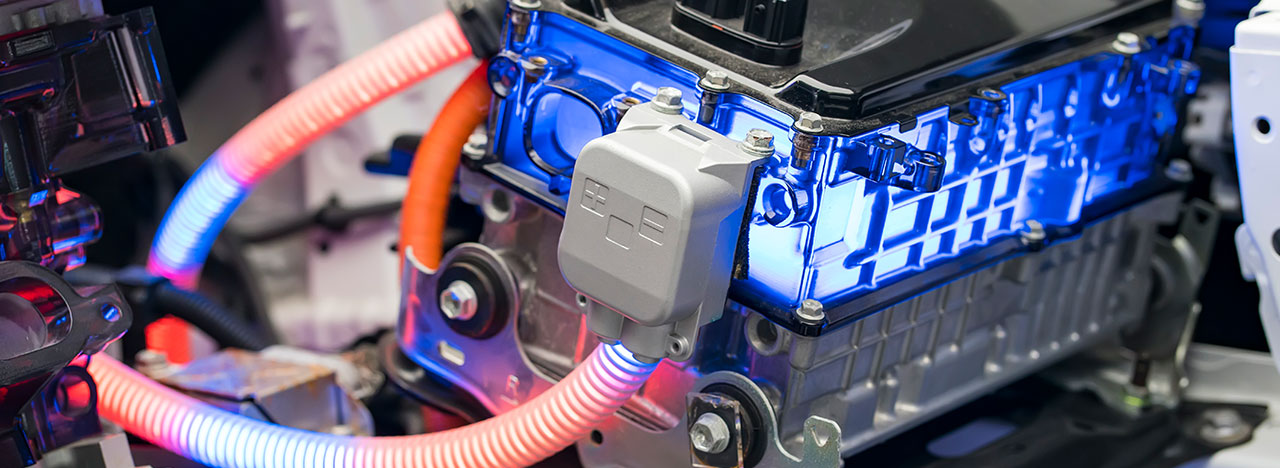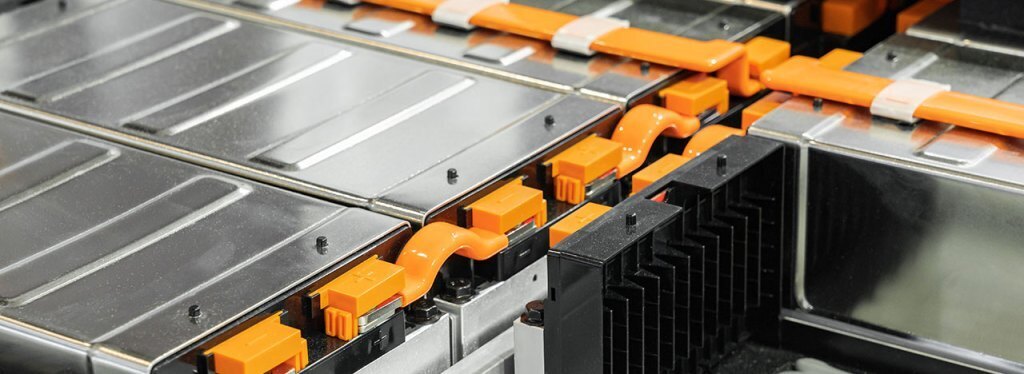
[ad_1]
Lithium batteries power various devices and equipment. This includes providing sparks when you turn a key (or press a button) to start a car or truck. They have high capacity, provide a large number of charging cycles, and are a low-maintenance battery.
Unfortunately, if not handled properly—especially when transported—lithium batteries can pose a significant risk of fire or explosion.according to Occupational Safety and Health Administration (Occupational Safety and Health Administration) If the battery has a design defect, is made of poor-quality materials, or is incorrectly assembled, the risk will increase. Since these defects may not be obvious, it is important to pack and transport lithium batteries very carefully.
Why are lithium batteries dangerous?
Lithium battery technology has been in use for more than 25 years, so you might think it is very safe. However, the reality is that the pressure to pack more energy into smaller batteries at a lower price seems to have the opposite effect. Therefore, the risk of adverse reactions inside lithium batteries is still high.
Lithium batteries contain a separator that prevents the components from contacting each other. If the separator is damaged in some way and the electrodes contact, the battery will quickly heat up. Lithium batteries also contain flammable electrolytes. If it becomes too hot, a chemical reaction will occur, leading to so-called thermal runaway. In some cases, the result is a fire or explosion.
If this happens to the packaging or improper handling of batteries that ship other products, the result can be catastrophic-not only in terms of property damage, but anyone in the vicinity of the battery will be at risk.
Lithium batteries are considered dangerous goods
For the above reasons, the United Nations (UN) classifies lithium batteries as “dangerous goods, category 9”. The shipper with this label is responsible for ensuring the correct and safe disposal of lithium batteries.
This requires understanding of their characteristics and the use of special packaging, crates and shipping company Like Craters & Freighters, they understand the challenges and have extensive experience in the safe handling of dangerous goods. According to 49 CFR, IMDG, IATA and ICAO regulations, we have industry-leading expertise in packaging and transporting hazardous materials, and can handle every detail of lithium battery transportation.
United Nations certified packaging, labels and documents for transporting lithium batteries
The key first step in transporting lithium batteries for automotive or other purposes is to pack them properly in strong and damage-resistant containers, and to catch and retain any electrolyte leakage.
It is also important to correctly mark the lithium battery shipment and attach the necessary accompanying documents. Our hazardous materials experts work with you to ensure that your shipment is correctly identified so that anyone in contact with the container knows that it contains lithium batteries and is associated with danger.
Transportation of lithium batteries for manufacturing, distribution or recycling
There are many reasons why companies ship lithium batteries. In some cases, they need to transport them from one location to another for use in production processes such as automobile manufacturing. In other cases, the shipper’s role is simply to distribute lithium batteries to end users.
Lithium batteries are also transported to recycling centers for processing. These different purposes may involve different modes of transportation and containers. For example, when lithium batteries are transported in the automotive industry, multiple units usually need to be transported safely, and the distributor may only send one battery to the end user.
Transport damaged or defective lithium batteries
If the lithium battery is damaged or defective, it cannot be simply discarded. Normally, it is either sent for repair or transported to a recycling facility, where it can be safely dismantled. The transportation of damaged or defective lithium batteries is particularly complicated.It may need a Professional crates, Packaging and shipping companies (such as Craters & Freighters) use containers and processes specifically designed for this purpose.

Audit lithium battery transportation company
How do you know if the company you are considering to transport lithium batteries is qualified? There are several key characteristics to consider. First, how long has the company been in business? An organization that has only recently ventured into the special transportation industry may not have the level of expertise required to safely transport lithium batteries.
Secondly, is the company a respected professional packaging and boxing service provider? A long list of satisfied customers is a good indicator for companies to provide good customer service, complete them on time, and use industry best practices to ensure the safety of the products they ship and the people who come into contact with them.
Finally, does the company have specialized expertise in the transportation of dangerous goods? Any transportation company can say that they can transport lithium batteries.If a company cannot provide many details of success Dangerous goods transportation Project, they may not be suitable for you.
Lithium battery transportation: It is very important for companies, and it is safe if handled properly
Lithium batteries are an important part of automobiles and countless other machines and equipment. Transporting them from one place to another is crucial for the companies that produce these products. There are major risks in transporting lithium batteries, but there are processes and procedures to ensure safe completion.
Follow these procedures and follow regulatory guidelines under the guidance of regulatory agencies Special packaging, Packing and shipping companies are the best way to protect your shipments, other products that come with the shipment, and the personnel who handle your lithium batteries.
Craters & Freighters’ long history and deep experience Handling of hazardous materials And designated “dangerous goods” (such as lithium batteries) means you can trust that we will ensure that your shipment reaches its destination safely.
About craters and freighters
Crater and freighter A pioneer and leading expert in specialty packaging, crates and transportation. Founded in 1990, the company has more than 65 physical stores in the United States, serving residential and corporate customers in various fields such as telecommunications, electronics, medical equipment, aerospace, biotechnology, and heavy machinery. From simple transportation to complex corporate relocation, Craters & Freighters is a national powerhouse with local responsibilities.
Press Contact
Marketing department
PR@CratersAndFreighters.com
1-800-736-3335
Source: CloudPress
Version number: 51373
There is no offer to sell, no invitation to buy, and no recommendation for any securities or any other products or services in this article. In addition, nothing in this PR should be construed as a recommendation to buy, sell or hold any investment or securities, or participate in any investment strategy or transaction. You are responsible for determining whether any investment, investment strategy, securities or related transactions are suitable for you based on your investment objectives, financial situation and risk tolerance. Regarding your specific business, legal or tax situation, please consult your business adviser, lawyer or tax adviser.
[ad_2]
Source link



